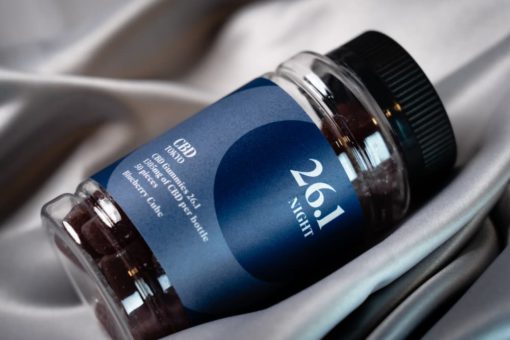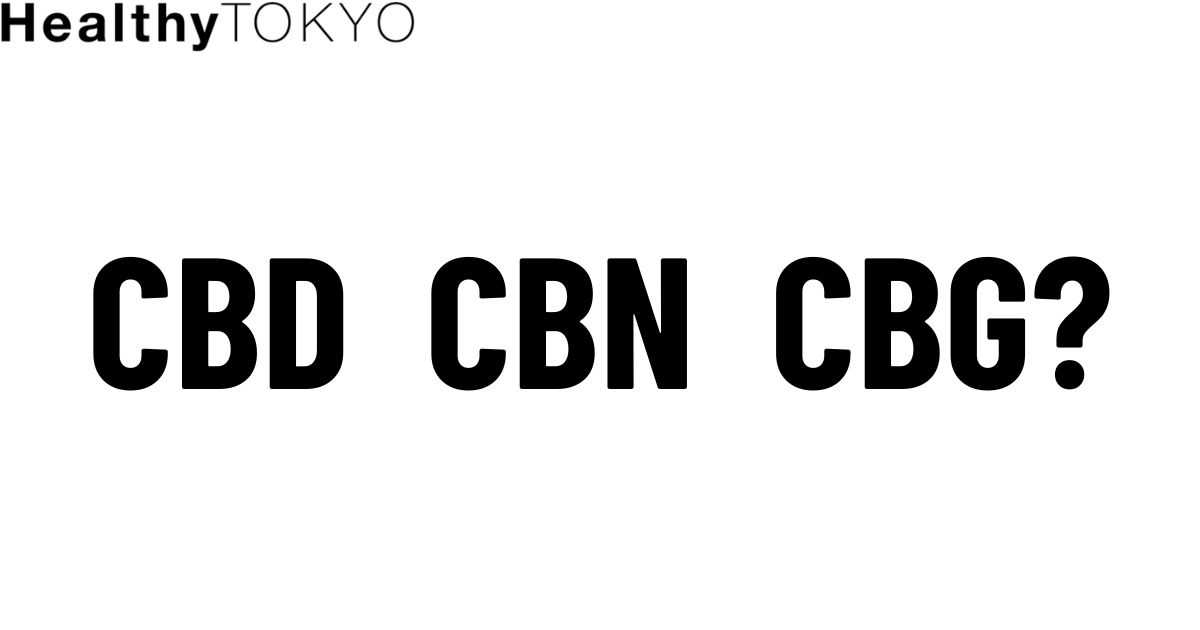CBD Articles, CBD in Japan
CBD, CBN, and CBG in Japan: Differences, Features, and Legal Overview
CBD, CBN, and CBG are three of the most talked-about cannabinoids derived from hemp. While CBD has gained popularity in Japan for years, CBN and CBG are now being included in wellness routines and products globally. This article explores the differences between CBD, CBN, and CBG, how they are used in international markets, and their legal status in Japan.
Quick Comparison of CBD, CBN, and CBG
The table below provides a compliant overview of these three cannabinoids based on their role in the plant, international usage trends, and legality in Japan:
- CBD: Major non-psychoactive compound, widely used in wellness products — ✅ Legal in Japan (THC-free only)
- CBN: Formed from oxidized THC, found in nighttime products — ✅ Legal in Japan (THC-free only)
- CBG: Precursor to CBD and THC, used for clarity/focus — ✅ Legal in Japan (THC-free only)
What is CBD?
CBD (Cannabidiol) is one of the primary compounds found in hemp. It is non-psychoactive and has become one of the most common cannabinoids in products like oils, cosmetics, and supplements. In Japan, CBD is legal as long as it is derived from mature hemp stalks and contains no detectable THC.
What is CBN?
CBN (Cannabinol) is a cannabinoid formed when THC oxidizes. It has become increasingly popular in overseas nighttime-use products. While Japanese law prohibits THC, CBN itself is legal if the product is THC-free and made from approved parts of the plant.
What is CBG?
CBG (Cannabigerol) is known as the ‘mother cannabinoid’ because it is a precursor to both CBD and THC. It is currently attracting interest in the global wellness space, especially in formulations aimed at clarity or focus. CBG is legal in Japan when THC-free and made in accordance with local laws.
How Are These Cannabinoids Used Overseas?
Internationally, consumers often choose specific cannabinoids depending on the time of day or their wellness routine. For example, CBN is often marketed for evening use, while CBG is sometimes included in blends targeting clarity or focus. CBD remains the most commonly used and is often found in products for daily wellness. It is important to note that these trends are based on overseas markets and not recognized as medical claims in Japan.
Legal Considerations in Japan
In Japan, cannabinoids such as CBD, CBN, and CBG are permitted as long as they are THC-free and manufactured in accordance with current Japanese regulations. The law no longer restricts the source of extraction to specific parts of the hemp plant. Products must be tested and are expected to include Certificates of Analysis (COAs) to verify compliance. Imported items must also adhere to these standards.
Frequently Asked Questions
Q: Is CBN legal in Japan?
A: Yes, CBN is legal if it contains no THC and is derived from parts of the hemp plant permitted under Japanese law.
Q: What’s the difference between CBD and CBG?
A: CBD is widely used in wellness products, while CBG is a less common cannabinoid considered a precursor in hemp chemistry. Each has different structural characteristics.
Q: Can I use CBD oil for sleep in Japan?
A: In Japan, no health claims can be made about CBD or any cannabinoids. However, some overseas products are designed for nighttime routines using ingredients like CBN.
Q: Are these cannabinoids safe?
A: Only THC-free products that meet Japanese regulations should be used. HealthyTOKYO offers products that are tested, COA-certified, and made in Japan.
Conclusion
CBD, CBN, and CBG are gaining popularity across global wellness markets. In Japan, they must be used with care and legal compliance, particularly regarding THC content. By choosing tested, Japan-made, and COA-certified products, consumers can explore these cannabinoids safely and responsibly.








